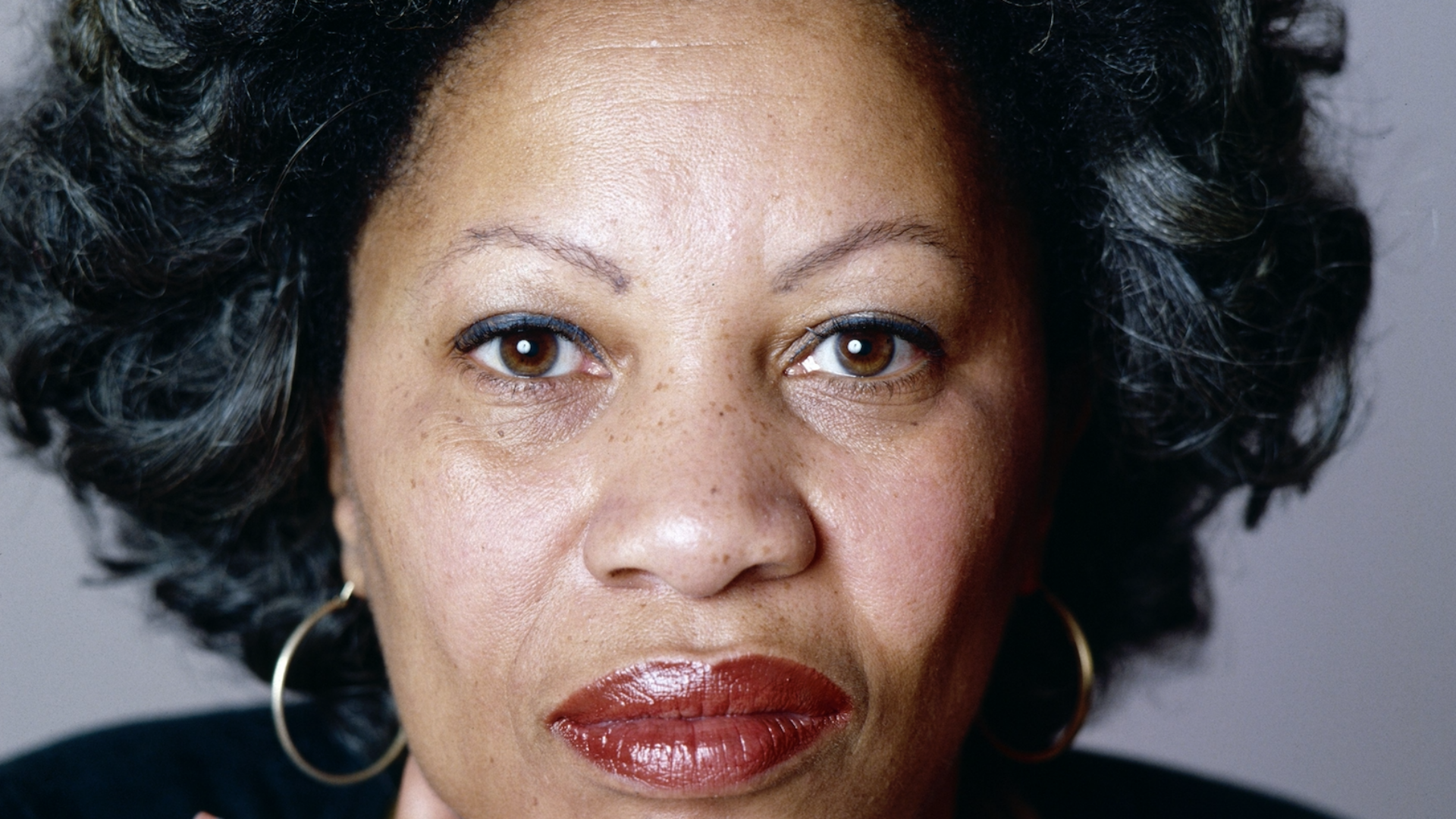
“The Bluest Eye,” Toni Morrison’s 1970 look at the aftermath of slavery (and by proxy, colorism) and gendered disregard on an impoverished, 1940s Midwest, is hard for White Americans to digest. It was never meant for that particular audience, but the offense exists nonetheless.
The novel centers Pecola Breedlove, an 11-year-old who is slowly driven insane by societal abuse and sexual abuse at the hands of her father. Inspired by one of Morrison’s childhood peers, Breedlove is certain that these things would not happen to her if she were a young white girl and so her plea for blue eyes is born. Fed images of white superiority and beauty all of her life and de-prioritized by her kin, she falls into self hatred early; a common fate for Black youth who go unwanted and unwatered.
The controversial book has been banned in multiple states in the 50-plus years since its debut. The primary reason cited for the shutouts is the descriptive instances of childhood sexual abuse. This rejection frames the molestation as if does not, and has not plagued communities, including Black ones. In reality, the COVID-19 pandemic (which has overlapped with the lambasting of Critical Race Theory), has uncovered how rampant in-home abuse is, as many children spent copious amounts of time at home over the past two years.
Resting in the undercurrent of the disdain for Morrison’s premier work is the fact that White Americans are forced to see the work of their hand. Yes, the presence of White characters are limited by design (Morrison was adamant about flicking the White gaze from her shoulder), but the effects of supremacy are imprinted onto the majority of primary characters, especially Pecola, and crush their lives.
Early in the novel, Pecola makes herself sick by drinking too much milk so she can stare into the eyes of Shirley Temple, the white child star whose face sits at the bottom of the cup’s inside. Her mother uplifts the White children she is a maid for more than her own babies. As a child, Pecola’s father is humiliated by white men who force him to allow them to watch him have sex. Even the tertiary characters, such as Geraldine, can’t help but center whiteness in the most mundane acts. Her every breath goes towards assuring that her son is unlike the poor Black children he contacts. In turn, her son uses his feelings of superiority to traumatize Pecola when he frames her for murdering his mother’s prized cat. Geraldine calls Pecola a “Black bitch” and forces her out of the house.
The only ones who are able to escape with love are Claudia and Freedia MacTeer, two girls around Pecola’s age and the book’s narrators. They befriend the tortured child and do their best to let her know she is cared for. Yet when the world is intent on unraveling you, it is difficult to receive any semblance of concern.
Check out ESSENCE’s favorite Toni Morrison books here.
Whiteness had distorted the town of Lorrain, Ohio, where the book is set. After lifting their eyes in the hell of racism everyday, the majority of the people of the city have only sharp remnants of love for one another. Maybe this is what plagues those who want to ban the book—they’re forced to see the manifestation of their hatred.
Again, I assume recognizing one’s own villainy is hard to swallow, particularly when you’re accustomed to considering yourself the hero. How many books, lesson plans, news stories, bits of political commentary and sermons have contributed exclusively to the idea of White greatness? How difficult it must be to know your claims of the non-existence of White privilege means little to a community who sees it often. The generational removal from enslaving others possibly means even less, especially when the non-Black gains are evident.
At its simplest, the banning of “The Bluest Eye” is the rejection of sociology. It is also a not-so-subtle admittance, or worse, a realization, of wrongdoing. It is one thing to know of the pain you’ve inflicted, it is another to experience a gut punch of a confrontation. In addressing the rotted, White roots of internalized anti-Blackness, Morrison wipes the muck from the looking glass. What stares back will always be haunting.